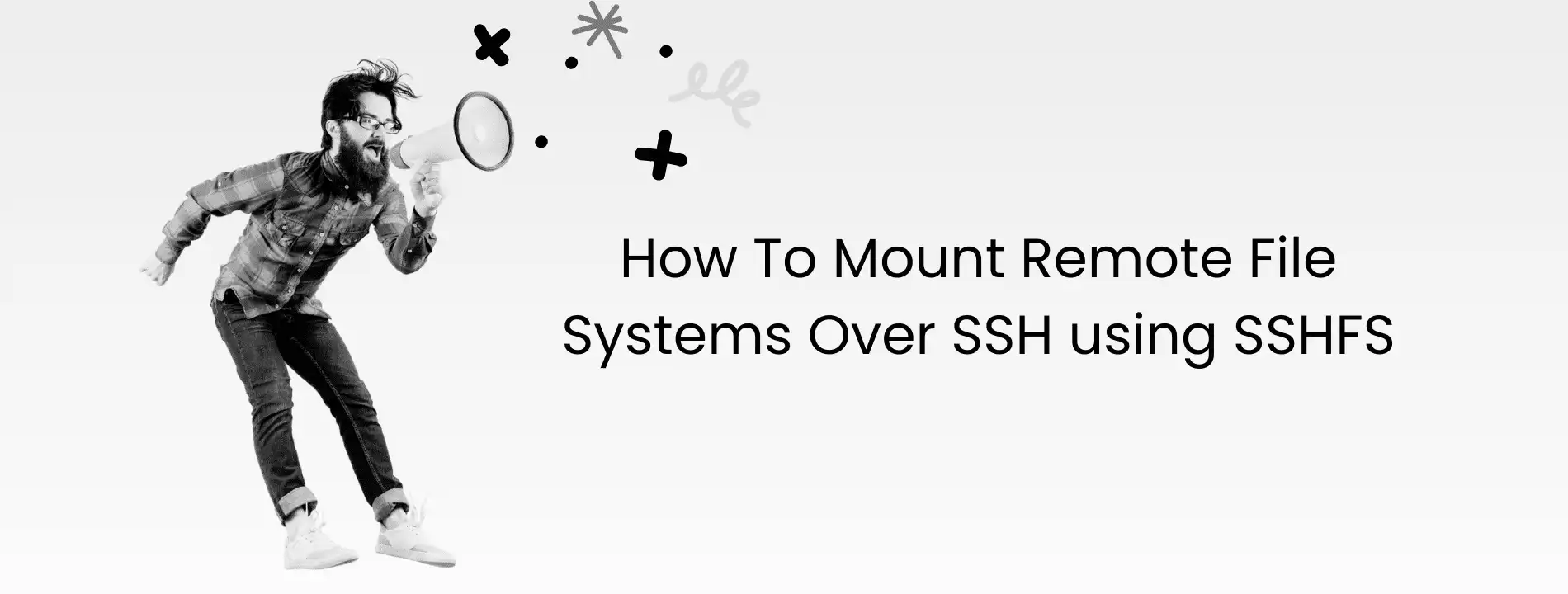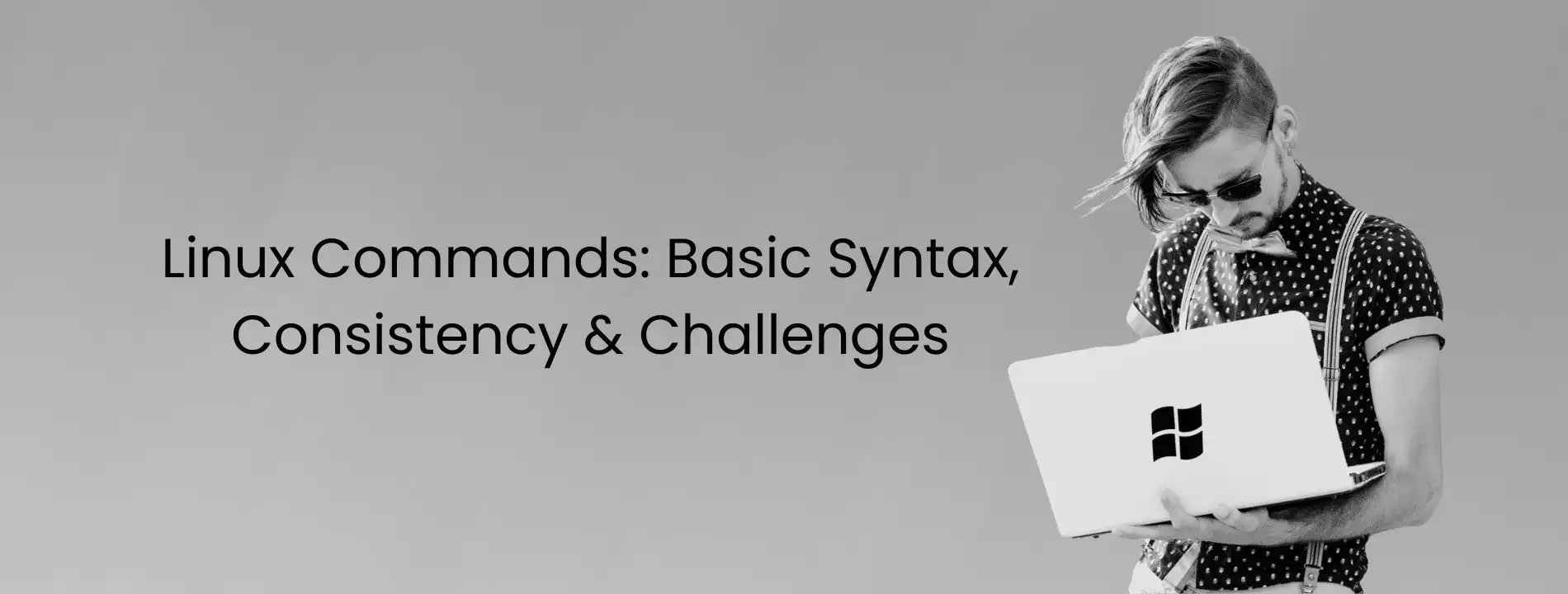Who is this for?
This guide is for gamers, modders, and community server hosts who are tired of lag spikes, connection drops, and IP attacks. Whether you’re running a private Minecraft server, hosting a modded ARK cluster, or just want low-latency gameplay with better protection — this is for you.
Why Gamers Are Switching to VPS Hosting
Today’s online games demand more than just a decent rig. Real-time latency, modded environments, and global multiplayer lobbies require reliable hosting that your local connection can’t always deliver.
That’s where VPS (Virtual Private Servers) come in — offering:
- Server locations close to your game’s data centers
- Dedicated resources (no more shared bandwidth spikes)
- Enhanced security against DDoS attacks
- Full control over game server configs
Instead of investing in more hardware or struggling with inconsistent home networks, a gaming VPS offers a low-cost, high-control solution.
Common Gamer Pain Points, Solved by VPS
- Lag and Latency:
Your inputs feel delayed. Enemy movement jitters. You lose the match. Lag often comes from network congestion or server distance.
With a VPS, you can deploy your server geographically close to the game’s servers, drastically reducing ping.
- Connection Drops:
Unstable Wi-Fi, competing devices, or ISP hiccups can lead to random disconnects.
A VPS gives you a stable, always-online environment — no more rage-quits due to sudden drops.
- Limited Hardware ir Shared Devices:
Not everyone has a cutting-edge gaming PC. Even if you do, hosting servers locally slows everything down.
Offload game server hosting to a VPS — keep your machine focused on gameplay.
- DDos and Security Threats:
Getting booted from ranked games by IP-based DDoS attacks?
VPS hosting keeps your real IP hidden and often includes built-in firewall rules and anti-DDoS protection.
- High Cost of Upgrades:
Building a server-class machine costs thousands.
A gaming VPS delivers powerful, scalable performance from just $5.50/month.
Is a Gaming VPS Right For You?
| Feature | VPS Hosting | Gaming VPN | Local Hosting | ISP Gaming Package |
|---|---|---|---|---|
| Latency Control | Server location choice | Variable | Home-based issues | Prioritised traffic |
| DDoS Protection | Built-in (on most VPS) | Basic only | Exposed IP | Sometimes included |
| Customization | Full root access | None | Hardware limits | Locked setup |
| Scalability | Upgrade anytime | No compute power | Hardware capped | Fixed plan |
| Cost Efficiency | Starts at $5.50/month | Monthly fees | Expensive hardware | Premium pricing |









